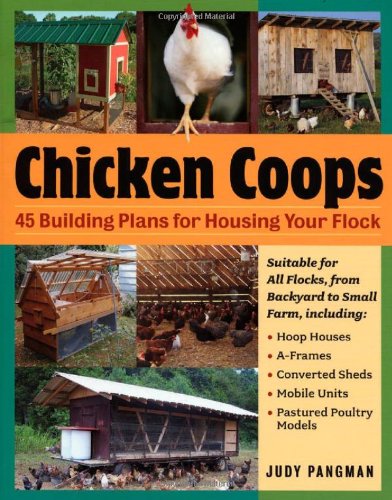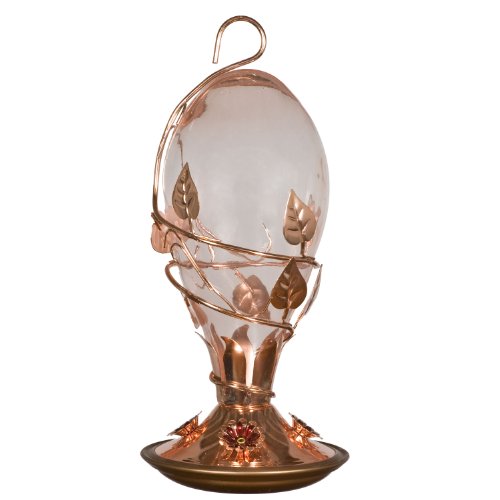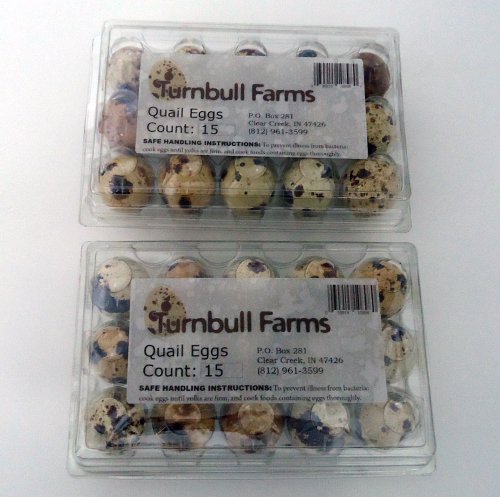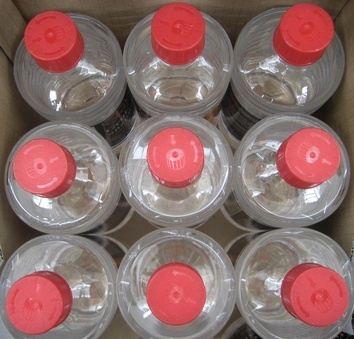
Bird safety should be paramount in an owner's thoughts and these bird safety tips will help bring to mind some of the ways in which you can protect your bird. Whether you have a princess or eclectus parrot, a Hahn's macaw or a lorikeet, losing a bird can be heart-breaking. Losing a bird through accidents that could have been avoided even more so. As owners, it is our responsibility to keep our pets safe.
The best safety tip will be different for each person but all of the following are important.

Hahn's Macaw (above)
Do not travel with a bird loose in the car. Birds are curious and not easily diverted from something that attracts them. There are enough distractions while driving without worrying whether your bird is chewing wires under the dashboard. Or they might decide to check out your shoelaces while you're driving. Birds can be easily panicked and escape through a door or window inadvertently opened.
If you need to transport your bird in a vehicle, make a suitable carrier. You will need a small dog or cat carrier. Make a perch for the bird by installing a dowel about an inch from the bottom of the carrier. Cut a piece of dowelling to fit, pre-drill a hole in each end then screw from the outside into the dowel. Your bird now has a perch. Place a towel or newspaper in the bottom and hey presto! you're ready to roll.

Rainbow Lorikeet (above)
If the trip is a long one (over an hour), take some food and water. Pull over when the time comes, ensure the windows are up and let the bird out of the carrier for a while.
Another safety tip is to keep your bird's wings clipped. In the house, open windows and ceiling fans are just some of the dangers facing a highly mobile bird. Poisonous plants, light bulbs and electrical cords are some other hazards which can be found in the home.
Cages can be death traps for birds. There should be no sharp edges and all bars should be parallel. The bars should be close enough together so that the bird can't fit his head between the bars. Cages with wrought iron and painted finishes can be dangerous particularly if they are imported as lead or other toxic products may have been used. Powder coated or stainless steel cages are best.

Eclectus Parrot - Hen (above)
Toxic substances are a real headache for bird-lovers. Many plants are poisonous and birds just love to nibble any greenery that may be around. If you have indoor plants, check that none are toxic. There are dozens of attractive plants that will beautify your home without giving space to poisonous ones.
Birds love to wander off if they get the chance and all cleaning products should be kept out of the way. Use child-proof closures or put suspect substances beyond the reach of your bird. Detergents, air fresheners, cleansers and insecticides are all potentially fatal to birds. Fumes and strong chemical odours are very harmful so if you're planning on doing some painting, you need to keep your birds away from the work until any odour has vanished. Using the self-cleaning feature of your stove is potentially fatal. And be sure to get rid of anything that contains lead.

Princess Parrot (above)
Not all toys sold as 'safe for birds' are (safe for birds). Bent wires, open link chains and spring loaded clips are dangerous for beaks and toes. Leather should be untreated or dyed with vegetable dye. Wood should be untreated. If you must colour it, use a non-toxic colouring such as food dye. Hang toys with sisal or cotton rope. Clip off any pieces that have started to unravel. Any chains should be of the closed link kind.
While cleaning a cage doesn't have a lot to do with safety, it does have a lot to do with having a healthy bird. How often the bird cage needs cleaning depends to a large degree on how clean your bird is. If he strews food around and defecates wherever he happens to be, his cage will need cleaning more often than a bird that is more particular in his habits.
One way is to spot clean from time to time, run a damp rag over the cage each week and disinfect every month or so. Disinfected articles should be rinsed well. Whatever is used on the floor of the cage needs to be changed once or twice a day. Newspaper is cheap and any abnormalities in the droppings can be seen relatively easily.
Watch your bird and note what is normal for him and what is not. This is the key to picking up signs that he is not well. Birds are creatures of habit so know what those habits are. A fluffed up appearance, abnormal discharges, limping, lack of appetite are signs that all is not well. Weigh your bird at the same time every few days. If he doesn't seem well, weigh him every day. Weight loss of around 10% means you should take your little friend to the veterinarian. And before a bird gets ill and you have a potential emergency on your hands, hunt around until you find a veterinarian which is skilled in dealing with birds.
To prevent spreading and picking up illnesses, keep your bird at a reasonable distance from others at bird shows if possible. Change your clothes and wash your hands before and after attending any function where you are likely to come into contact with strange birds.
If you buy a new bird, keep him isolated for about a month. This may be a nuisance. However it may make the difference between having healthy birds and having a potentially fatal disease go through all your birds. Wash your hands after handling him and feed him last.
Don't smoke around birds. Don't smoke in the same house as your birds. If your bird has chronic respiratory problems and you smoke – quit! Or sell your birds.
If taken outside, birds should be continually supervised. Birds of prey don't just frequent country areas, cats are particularly opportunist hunters, dogs and curious kids abound. So don't leave your bird unsupervised even for a moment.
Teach your bird 'up' and have him well trained in its meaning. This can be a great benefit in many situations: at the vets or in an emergency. It can help to focus a well-trained bird should it find itself in a strange situation. Instead of flapping off, having to be pursued and cornered, someone with a slow approach and a calm manner may be able to ask it to step 'up' onto a finger and thus defuse a potential hazardous situation.
Remember, your bird is totally dependent on you for its well-being. Don't abuse that trust.
 Choosing What Type of Chicken Coop You Require
It all depends on your requirements and the nu
Choosing What Type of Chicken Coop You Require
It all depends on your requirements and the nu
 Perfect Travel Destinations With Travellers Aged In Excess Of 80
Person stage is a persons age when oldies have all their t
Perfect Travel Destinations With Travellers Aged In Excess Of 80
Person stage is a persons age when oldies have all their t
 Hummingbirds and Flowers
Using a homemade hummingbird
Hummingbirds and Flowers
Using a homemade hummingbird
 Raising Quail As Meat Birds
Quail meat i
Raising Quail As Meat Birds
Quail meat i
 How to Make Bottle Bird Feeders
How to Make Bottle Bird Feeders
How to
How to Make Bottle Bird Feeders
How to Make Bottle Bird Feeders
How to
Copyright © 2005-2016 Pet Information All Rights Reserved
Contact us: www162date@outlook.com